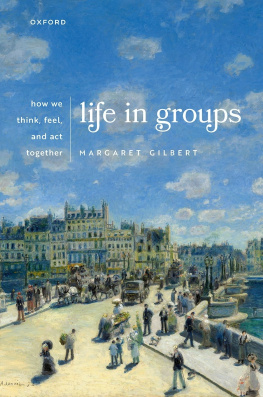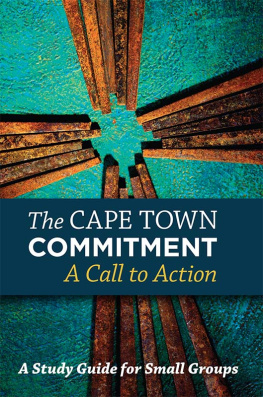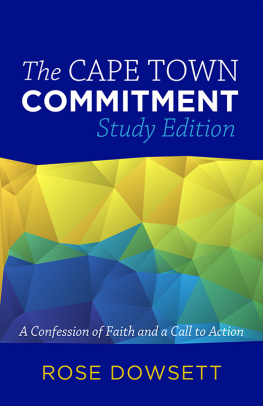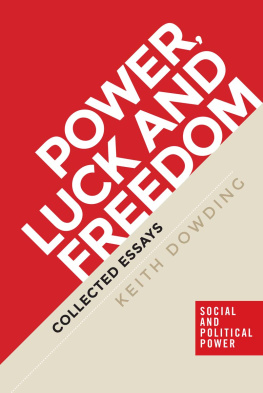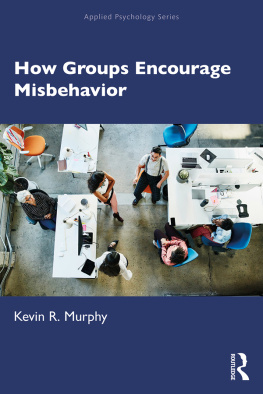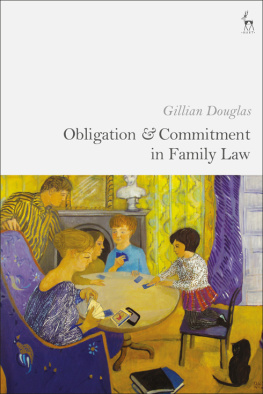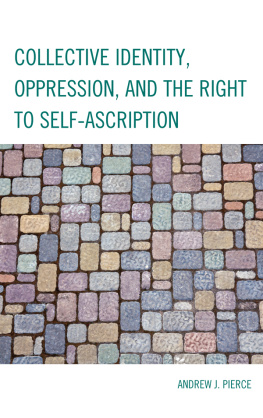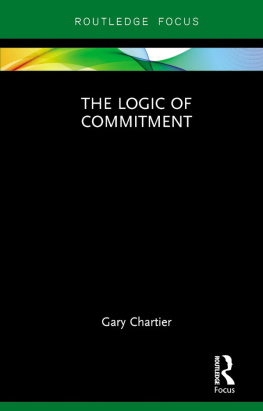Oxford University Press is a department of the University of Oxford. It furthers the Universitys objective of excellence in research, scholarship, and education by publishing worldwide. Oxford is a registered trade mark of Oxford University Press in the UK and in certain other countries
All rights reserved. No part of this publication may be reproduced, stored in a retrieval system, or transmitted, in any form or by any means, without the prior permission in writing of Oxford University Press, or as expressly permitted by law, by licence or under terms agreed with the appropriate reprographics rights organization. Enquiries concerning reproduction outside the scope of the above should be sent to the Rights Department, Oxford University Press, at the address above
You must not circulate this work in any other form and you must impose this same condition on any acquirer
Links to third party websites are provided by Oxford in good faith and for information only. Oxford disclaims any responsibility for the materials contained in any third party website referenced in this work.
This book comprises thirteen essays relating to central aspects of our life in groups, along with a general introduction and a concluding discussion. A particular focus is on what we refer to as our beliefs, emotions, and plans, in such everyday statements as We think a crime was committed, The team is delighted to have won, and We plan to go to New York in June. It is not easy to say precisely what states of affairs on the ground such statements refer to.
Central to my proposals is what I refer to as joint commitment. Our having a certain plan, for instance, is our having a joint commitment with the appropriate content. Some of the essays defend specific proposals of this sort, others consider their implications in particular contexts, others explore closely related matters, including the nature and basis of the rights and obligations that are part and parcel of group life.
The individual essays are all relatively self-contained, so the reader can start anywhere in the book without reading what comes before. That said, there are clear links between many of their topics, as is reflected in the division of the book into different parts. Each essay retains its original citation style and is bibliographically complete.
The introduction includes an extended discussion of joint commitment for those who wish to approach that first, or to read more about it later. Among other things it clarifies certain points in response to questions others have posed. It concludes with a preview of the sections and chapters of the book.
The books conclusion introduces some further topics relating to life in groups, responds to some comments on my approach to that life, and indicates some avenues for further research.
At the end of the book there is a bibliography of my writings relating to life in groups, with the articles divided by topic, for those who wish to go further.
While most of the essays have been previously published, many of these found their original home in a collection with a particular, limited emphasis, or in a specialist journal. This is true of the discussions that constitute , among others. I hope that bringing the essays together in one volume will increase their accessibility for those with an interest in the topics they address.
Given the opportunity, I have corrected some typological errors in the originals and made some minor changes to bring out my meaning more clearly. Thus the previously published essays are best read in this new presentation.
I am indebted to all of those who have contributed to my thinking on the topics in this book over many years. Those whose input on a particular chapter has been helpful are thanked in the chapter itself.
In connection with this book my first thanks go to Peter Momtchiloff, who commissioned it for Oxford University Press, Oxford, with further thanks to all of those involved in the production process.
I am also grateful to Matthew Dean and Giulia Napolitano for helping in preparation of the manuscript, and to Tiffany Zhu for her help with the proofs and preparation of the indices.
Thanks to my students at UCI, both graduate and undergraduate, for probing discussions of many of the topics addressed, and to Jane Goldman for discussion of the project in its early stages and beyond. Thanks also to the staff of the Department of Philosophy at the University of California, Irvine for their support, including the administration of the research funds provided through my position as Melden Chair of Moral Philosophy, which have been helpful in many ways.
Special thanks to Daniel Pilchman and James Weatherall, each of whom coauthored one of the articles that now constitute a chapter of this book. I would like also to thank Maura Priest for our collaborations on several articles on themes related to our life in groups.
More generally, I am grateful to many scholars for their interest in my work over the years. In some cases they have generously encouraged me to publish criticisms of their own viewsI am thinking in particular of the late David Lewis, and Thomas Scanlon.
Others have seriously engaged with my ideas, hosted or contributed to conferences for the discussion of them, and been supportive in other ways. There are far too many to list here in these connections but I should like to mention at least Donald Baxter, Paul Bloomfield, Alban Bouvier, Michael Bratman, Antonella Carassa, Marco Colombetti, Rowan Cruft, Stephen Darwall, Roberta De Monticelli, Francesca Di Lorenzo Ajello, Miranda Fricker, Itzel Garcia, John Greenwood, Gilbert Harman, Jeffrey Helmreich, Aaron James, Peter Jones, Christine Korsgaard, Saul Kripke, Noa Latham, David Lewis, Stephen Lukes, Ruth Millikan, Herlinde Pauer-Studer, Costanza Penna, Gerhard Preyer, Joseph Raz, Mark Sainsbury, Frederick Schmitt, Gopal Sreenivasan, Gabriele Taylor, Deborah Tollefsen, Michael Tomasello, Raimo Tuomela, Gary Watson, Leif Wenar, and Morton White.
I should also like to thank the American Philosophical Association for hosting several author-meets-critics sessions on my work along with other pertinent sessions at their meetings.
My work on this book took place during a worldwide pandemic. Much of my socializing has been on the phone or over the internet. I am deeply grateful to those colleagues, friends, and family members who have regularly provided conversation, consolation, and community during this time.
As always, my parents must bear the ultimate responsibility for this book as for everything I have ever done. I continue to be more than grateful to them not only for having me, but for their loving support and guidance throughout their lives.

